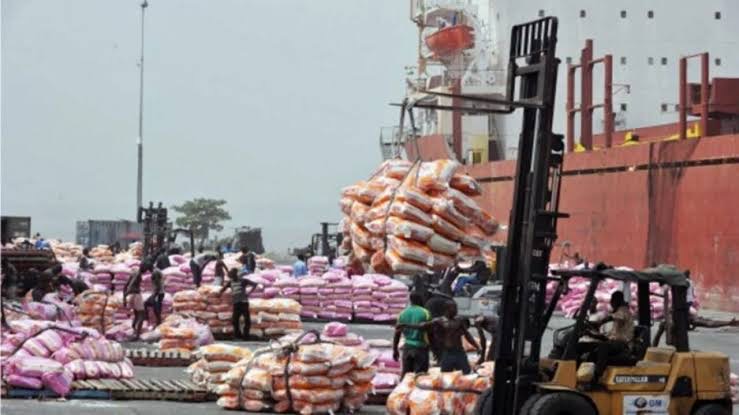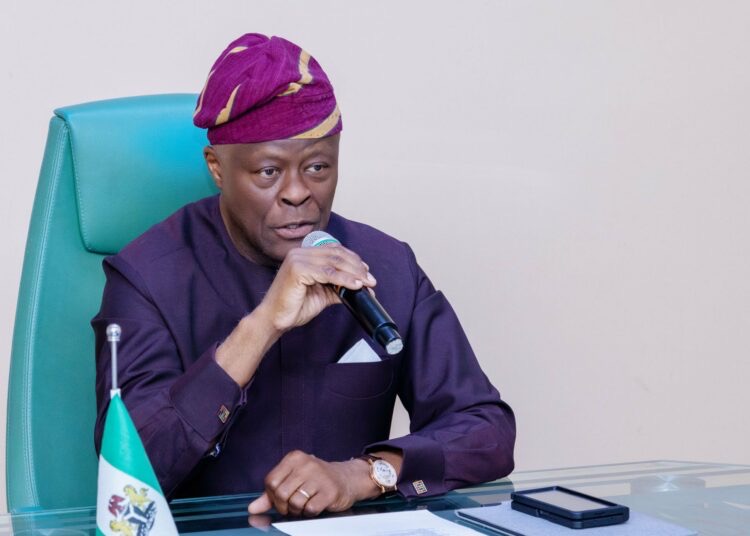Nigeria’s Finance Minister, Wale Edun, has yet to provide a clear update on the status of the government’s zero-duty policy for imported food items. This policy was announced by the federal government with the intention of tackling the nation’s high inflation rates and ensuring food security for its citizens.
The zero-duty policy, which is meant to eliminate import duties on selected food items, was expected to help reduce the cost of food and alleviate the current food shortage. However, importers have expressed concerns that the conditions outlined in the policy’s guidelines are too stringent. They argue that these strict requirements could undermine the policy’s effectiveness and fail to meet its intended goals.

On Tuesday, Edun chaired a private meeting of the Nigeria Customs Service board, but he did not provide specific details about the meeting’s outcome concerning the zero-duty policy. The purpose of the policy is to address the severe food shortages and high food prices that are contributing significantly to inflation across the country. Despite the government’s efforts, there remains a lack of clarity on how and when the policy will be implemented.
In a brief statement following the meeting, Edun mentioned that discussions focused on how to collaborate effectively to make food more affordable and accessible in the short term. He acknowledged that while the zero-duty initiative offers immediate relief, President Tinubu is also concentrating on long-term strategies. These include enhancing domestic food production to ensure sustainable food security.

Edun highlighted ongoing initiatives to support local farmers by increasing the availability of crucial farming inputs such as fertilizers and seeds. These measures are particularly aimed at small-scale farmers who play a significant role in the nation’s food production. By improving access to these resources, the government hopes to boost local food production and reduce the country’s reliance on food imports.
In addition to addressing the zero-duty policy, Edun commended the Nigeria Customs Service Board for its regular meetings, which are essential for reviewing the Service’s financial performance and operational activities. He praised the Customs Comptroller General, Wale Adeniyi, and the leadership of the Customs Service for their commitment to the core values of Transparency, Integrity, and Merit. Edun emphasized that these values are crucial for effective governance and the efficient operation of the Customs Service.
The ongoing discussions and efforts highlight the government’s dual approach: providing immediate relief through policies like the zero-duty measure while also working on long-term solutions to build a more resilient and self-sufficient agricultural sector. The success of these initiatives will depend on the government’s ability to address the concerns of importers and ensure that the policy is effectively implemented to achieve its intended outcomes.
This expanded focus on both short-term and long-term measures underscores the government’s commitment to tackling the complex issue of food security and economic stability in Nigeria.
































